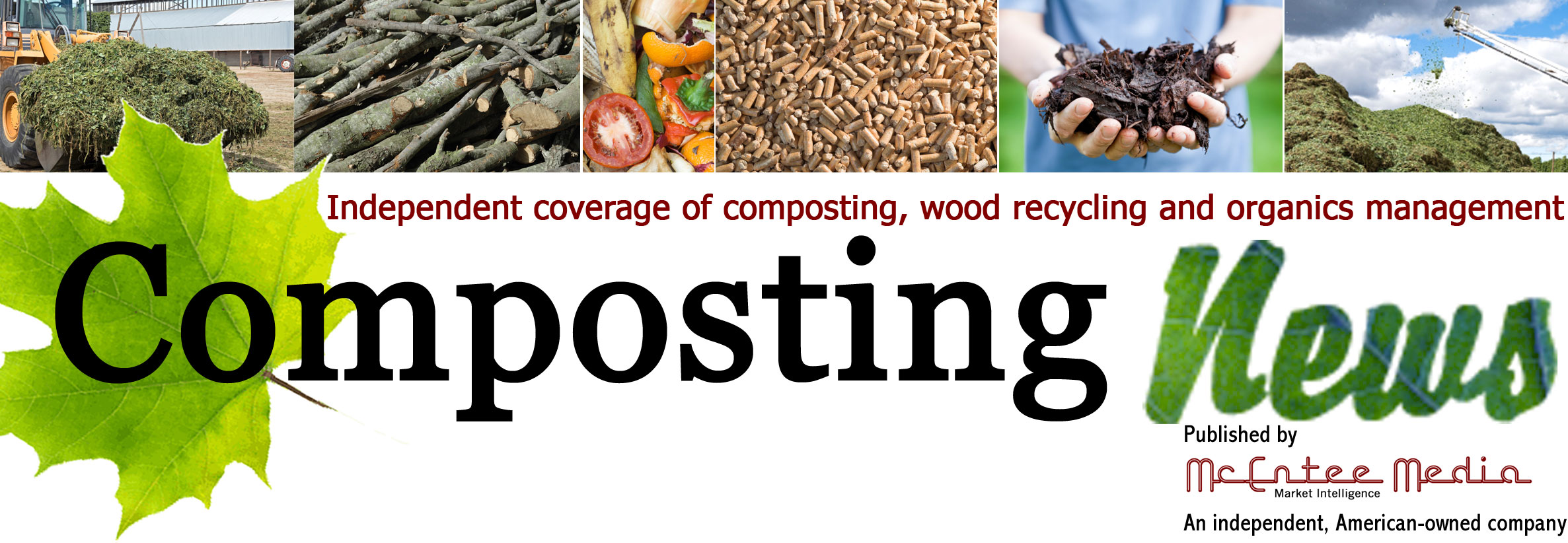Mandatory recycling and composting is among the recommendations for waste reduction detailed in a new report from MassPIRG Education Fund and other public interest groups.
MassPIRG said the average American throws out nearly 1,800 pounds of trash each year. In Massachusetts, that adds up to nearly 6 million tons of waste annually.
The new report from MassPIRG, Frontier Group and other public interest groups, Trash in America: Moving from destructive consumption towards a zero-waste system, examines America’s waste problem over the past three years and recommends 10 steps the country should take to build a zero waste economy.
MassPIRG noted that more than one third of U.S. waste is compostable, more than half is reusable or recyclable and some should be eliminated entirely, such as single use plastic bags. The 10 steps to reduce waste and improve reduction, reuse, recycling and compost, include:
- Require producers to take responsibility for their products throughout each item’s entire life cycle;
- Make recycling and composting mandatory, universally accessible and less expensive than garbage disposal;
- Require recycled and reused materials in new products, while encouraging businesses and governments to use those products;
- Require that all single-use items be easily recyclable or compostable, including packaging, plastic bags and food service ware;
- Invest in repair, reuse, recycling and composting facilities and infrastructure (such as deposits on beverage containers) to support a circular economy.
“The pandemic turned the world upside-down and inhibited waste reduction efforts,” said Sarah Becker, Zero Waste Campaign associate for MassPIRG. “For a time, single-use plastic shopping bags returned to supermarkets and disposable takeout food containers and packaging from online shopping flooded the waste stream. Despite these setbacks, and despite the efforts by industry groups to keep people from reusing, we’ve already restored some of our lost momentum on waste reduction.”
Over the course of the past year, four states have passed single-use plastic bans on wasteful products, including single-use plastic bags, foam containers and plastic straws, bringing the total number of states with such laws to 13. In July 2021, Maine passed the first U.S. producer responsibility law, requiring companies to cover the total costs of their wasteful products, including funding for recovery and disposal of those items. With its own producer responsibility bill under consideration this session, Massachusetts could be one of the next states to require greater accountability from producers, MassPIRG said.
“Producer responsibility is the next step in waste reduction,” said Adrian Pforzheimer, policy analyst for Frontier Group and co-author of the report. “By requiring manufacturers to take responsibility for all the packaging and other materials they use and produce, cradle to grave, states can lead the way toward a more responsible and efficient economy.”
In Massachusetts, a number of bills have already been introduced in the legislature that follow many of these 10 steps. In addition to the producer responsibility bill, legislators have submitted bills that would improve existing recycling programs, let people fix their devices when they break instead of throwing them out and ban some single-use plastics.
“It’s time that we design products with a zero waste goal at the center, and create the infrastructure to make it easy for everyone, everywhere to reduce, reuse, recycle and compost,” said Elizabeth Saunders, Massachusetts director of clean water action. “Massachusetts has an opportunity to do this with the 2030 Solid Waste Master Plan (see related article) and the time is now.”
Follow us on social media:

Be the first to comment on "MassPIRG report suggests mandatory composting"